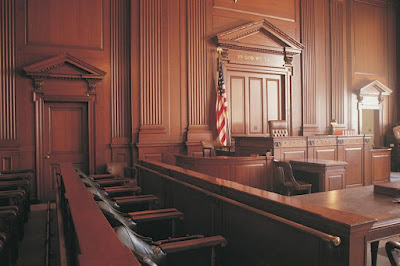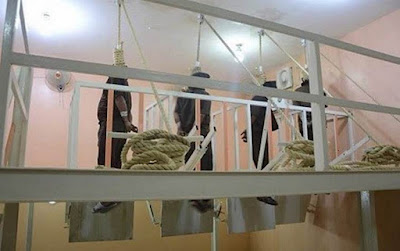
Roughly 15 death row prisoners are scheduled to be put to death between now and October, according to the Death Penalty Information Center. This flood of executions is the result of the Supreme Court’s ruling that upheld the constitutionality of a troubling form of lethal injection. The next few months, as states put their machinery of death into overdrive, are an ideal time for the nation to rethink its commitment to capital punishment.
Last month, the Supreme Court upheld Kentucky’s method of lethal injection. Although there was convincing evidence that the three drugs that Kentucky injects can cause excruciating pain and that there are not proper safeguards to avoid needless suffering, the court ruled that it does not violate the Eighth Amendment’s prohibition of cruel and unusual punishment.
After the court accepted the case last fall, many states halted executions. Now, the Death Penalty Information Center projects that by the end of the year, there could be 50 to 60 executions, which would make the upcoming months one of the busiest in years on America’s death rows. A disproportionate share of these will no doubt occur in Texas, which last year carried out more than 60 percent of the nation’s executions.
These scheduled executions come at a time when many Americans are, rightly, turning away from capital punishment. We believe that the taking of a life by the state is in all cases wrong, but it is particularly so with the deeply flawed system that exists today. Many defendants lack adequate legal representation at their trials, race distorts who is sentenced to death for what crimes and juries are “death qualified” — jurors with moral objections to the death penalty are removed. As the recent rash of DNA exonerations has shown, judges and juries too often sentence innocent people to death.
In the Kentucky case, Justice John Paul Stevens wrote a separate opinion in which he enumerated the many problems with the application of the death penalty and said that he decided that it is inherently unconstitutional. He also expressed his hope that the case would generate debate not just about lethal injection but about “the justification for the death penalty itself.” With executioners gearing up across the country to start putting prisoners to death, state legislatures, governors, judges and ordinary Americans should start that debate.
Source: The New York Times


.jpg)







